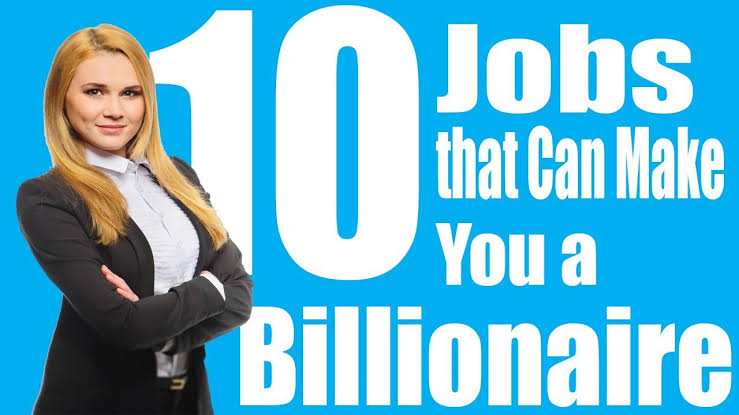Moon Unit Zappa got the question a lot, particularly during the “Valley Girl” years: “What was it like growing up with Frank Zappa for a dad?”
The eldest daughter of the quirky and unconventional musical visionary, who died at 52 in 1993, gives the world an extended, nuanced, often funny, many times painful answer to that question in her new memoir, “Earth to Moon,” to be released Tuesday.
The book’s title carries the power of her life’s journey. Her mother, Frank’s second wife Gail, often used the phrase to scold her as a child — “Earth to Moon, the earth doesn’t revolve around you” — but as Moon, now 56, matures, it comes to symbolize the grounding energy of appreciating her place on the planet. She punctuates her book with clever, space-themed sections, photos and old journal entries.
“Love yourself, love yourself, love yourself” is one of her “big takeaways.”
Moon Unit’s hurts are many. She describes a childhood wrought with confusion and disappointment, in which she acted to nurture and protect her younger siblings — Dweezil, Ahmet and Diva — even as her own big life questions remained largely unaddressed by her preoccupied father and volatile mother.
Take sex. She was regularly exposed to her father’s scantily clad groupies, nudity around the house and being able to hear her parents’ love-making (and arguing) through the walls, yet had no clue how to use a tampon. It was the same with money. Although Moon accrued a nest egg from her and her father’s Grammy-nominated 1982 hit “Valley Girl” large enough to buy her own house (“Like, omigod!”), she never had “normal” childhood experiences like allowance and chores and struggled to hold a steady job.
Growing up in 1970s Hollywood meant hanging with plenty of fellow celebrities, though. Actors Justine and Jason Bateman are friends, they know Michael J. Fox as “Mike,” her brother Dweezil dates Molly Ringwald (and later VJs on MTV), and, in one hilarious scene, she chases her heartthrob, Jon Bon Jovi, to a fundraiser only to discover they’re star-crossed. Moon also relieves her stress by attending live comedy shows with the likes of newcomers Chris Rock and Janeane Garofalo.
In his 1989 “The Real Frank Zappa Book,” Frank admits he’s grumpy, has a bad attitude toward “typical familyism,” has no “friends,” and no time for “social activities.” (Quote marks, his.) “I do, however, have a wonderful wife and four totally unbelievable children, and that, folks, is way better,” he writes. Frank Zappa explains that he chooses to treat his children like people — as in, like adults — and believes, “Whatever they’re going to do in life, they’s going to do regardless of home instruction.”
Moon Unit describes those traits left her with a yearning — for more of his time, his attention, his validation. She and her mother frequently clash as they navigate Frank’s long absences, affairs, and occasional bomb drops (say, a possible run for president, or “Moon, I have cancer.”)
In one poignant episode, Moon describes being a child and being overcome with a fear of death. She dares to venture to Frank’s basement lair to seek her father’s comfort and he rebuffs her, telling her just not to think about it. Back in her room, she imagines what it would be like to be her dad and just not be afraid. She listens to his music and pretends he’s telling her a story.
“I listen to the notes of his song-story and my breathing slows down. My body feels heavy now,” she writes. “My eyes close to the night and the dark. I keep listening and let my daddy’s music wrap around me like tangled seaweed, and the music and my steady heartbeat intertwine until sleep pulls me under.”
Perhaps her biggest disappointment is her mother’s now well-publicized decision to make Ahmet and Diva “the sole and exclusive managers of all business” related to Frank after her death. She and Dweezil were given no rights to decisions about the family home, their father or their last name, which prompted deep soul-searching.
Moon says she remains estranged from her two youngest siblings, and for different reasons from Dweezil, but she writes that she is finding her way to healing. She is a mother, a writer, an actor, a comic, an artist, a podcaster and a “tea baroness.”
Among the things that she’s learned is that growing up doesn’t end when you become an adult. She writes, “The way out is through. Make peace with what hurts and head toward joy.”





































